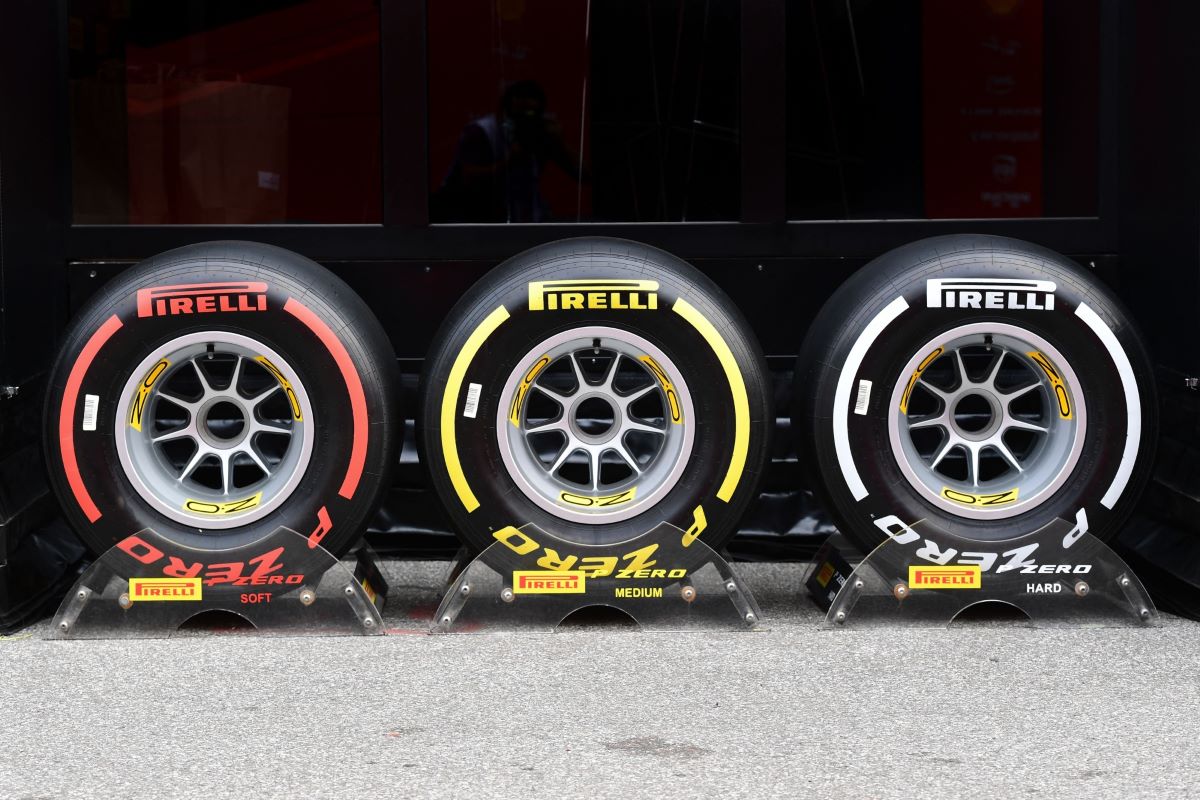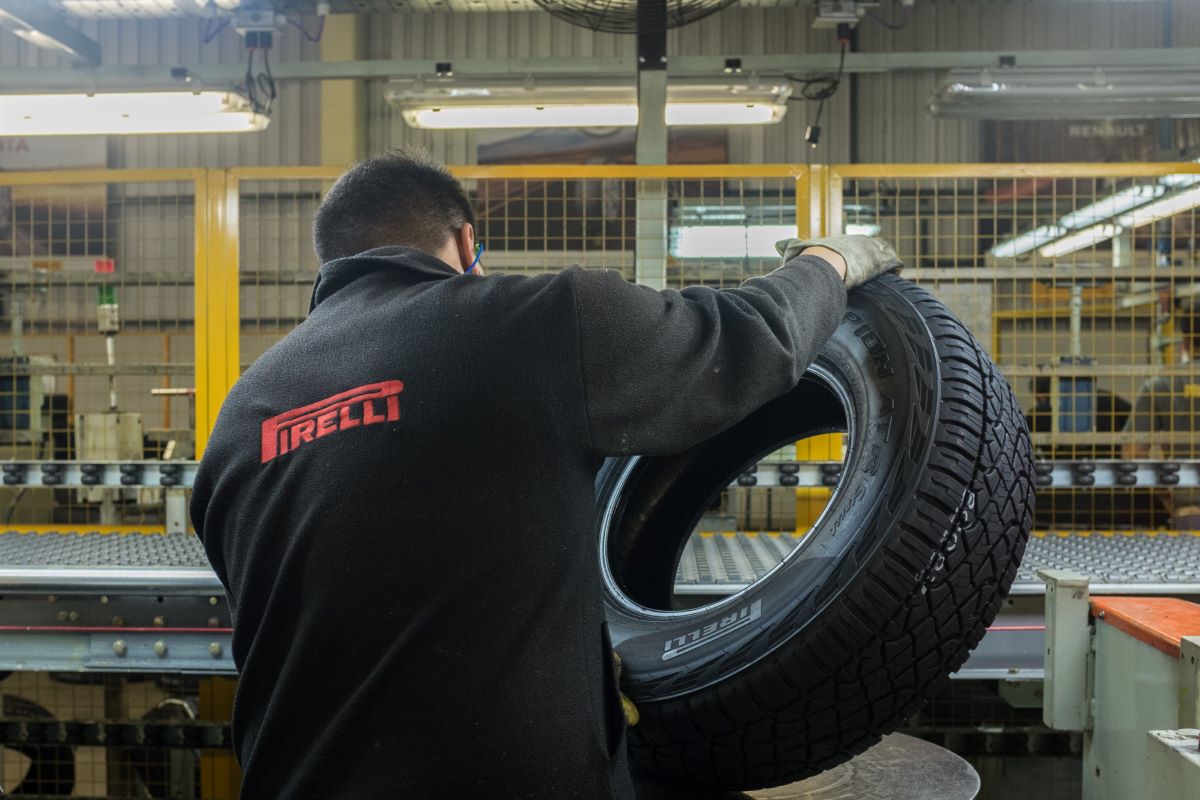Italy has enacted measures to restrict the shareholder rights of the Chinese chemical group Sinochem in Pirelli, the Milan-listed tire manufacturer, and has broadened the range of sectors that the government considers crucial to national security.
This decision marks a rare intervention in an eight-year-old Chinese investment that had not previously been viewed as a strategic national asset.
In 2015, a state-owned Chinese chemical group acquired a majority stake in Pirelli, a company regarded as a crown jewel of Italian industry, for $7.7 billion.
Prime Minister Giorgia Meloni’s office announced on Friday that the new measures, implemented under the country’s “golden power” foreign investment screening mechanism, are “aimed at creating a network of measures to safeguard Pirelli’s independence and its management.”
Earlier this month, it was reported that Pirelli’s chief executive, Marco Tronchetti Provera, had urged the Italian government to intervene in the company’s shareholding structure.
He warned of the increasing control the Chinese government was exerting over Pirelli’s business and governance decisions.
Tronchetti Provera, who holds a minority stake in Pirelli, has been in conflict with his Chinese partners over the company’s daily operations for several years.
His attempts to convince them to sell part of their stake have been unsuccessful. Internal tensions have also arisen regarding his compensation, which amounted to €20.5 million in 2022.

The Italian government’s restrictions, which include limiting the exchange of information between Pirelli and Sinochem and requiring a four-fifths majority for certain “strategic” board decisions, are intended to protect “strategically relevant information and the company’s knowhow,” according to Meloni’s office.
This move comes as the Italian government navigates the delicate task of aligning itself more closely with the EU and the US on foreign policy while reassessing its relationship with China, without provoking Beijing.
Meloni’s government is also considering withdrawing from China’s flagship overseas investment initiative, the Belt and Road Initiative (BRI). Italy was the only European country to join the BRI in 2019.
Last month, leaders from the US, EU, and Japan endorsed the concept of “de-risking” from China, emphasizing the need to safeguard “certain advanced technologies that could be used to threaten our national security.”
Since 2019, the definition of what constitutes assets of national security importance has been expanded in Italy and the EU, leading to a significant increase in applications filed under Italy’s screening mechanism—from 8 in 2014 to 496 in 2021.
Meloni’s office highlighted a specific technology that enables the geolocation and collection of drivers’ information via a microchip installed in the tires as being critical and of national strategic importance.
“The misuse of such technology can pose a variety of risks to customers and national security,” the office stated.







Leave a Reply